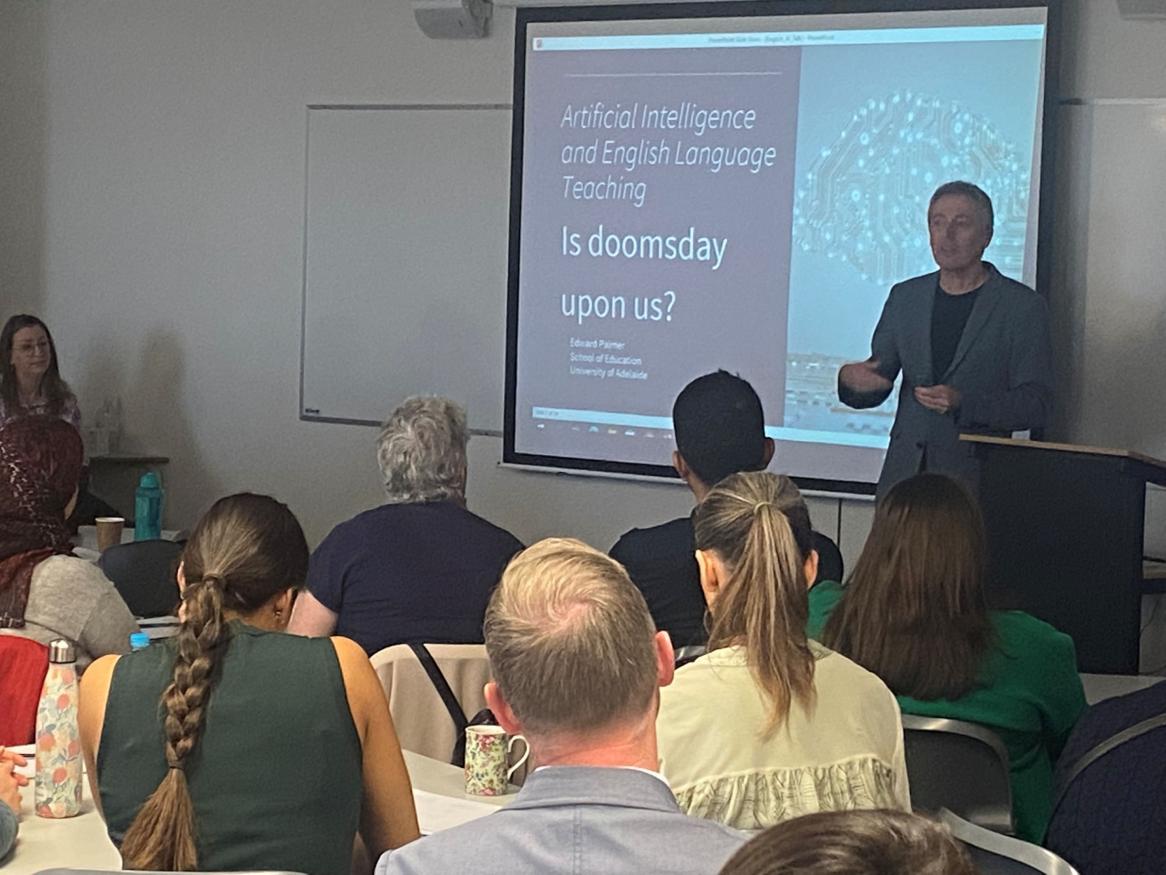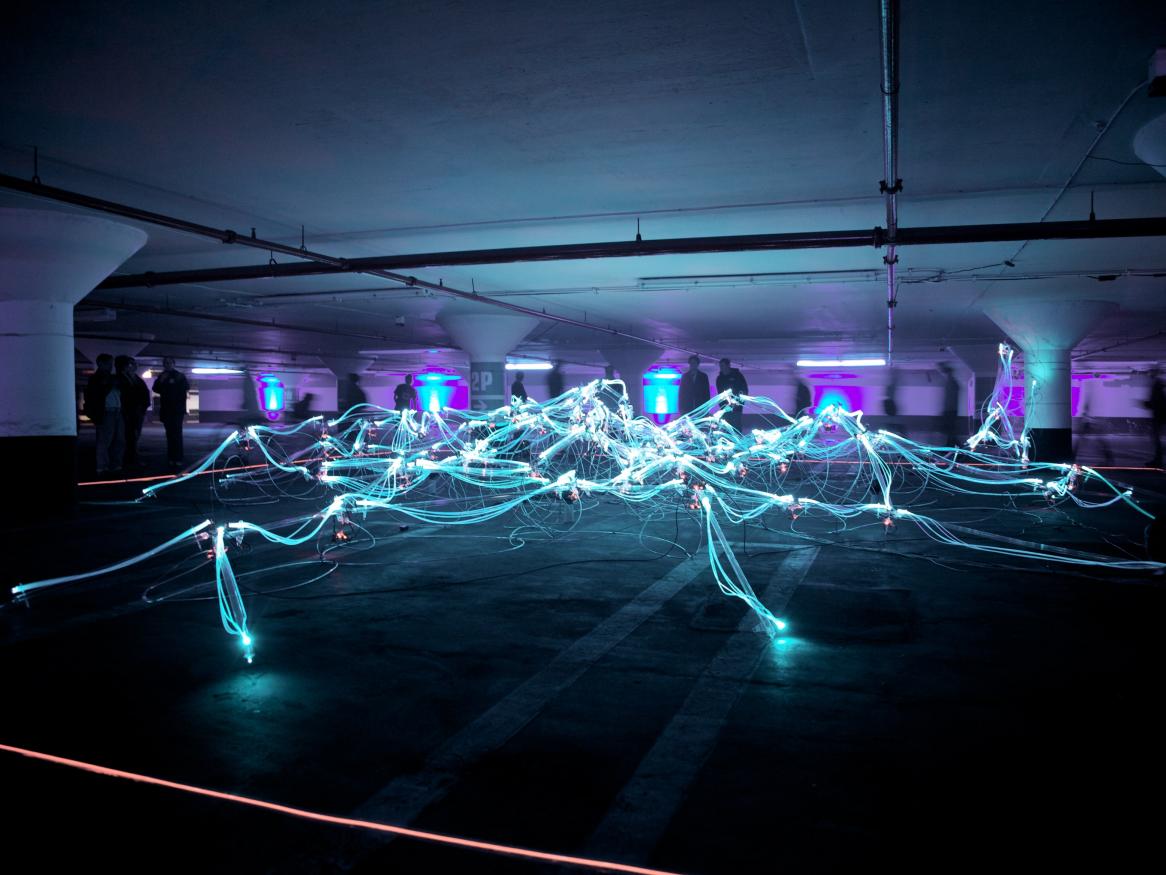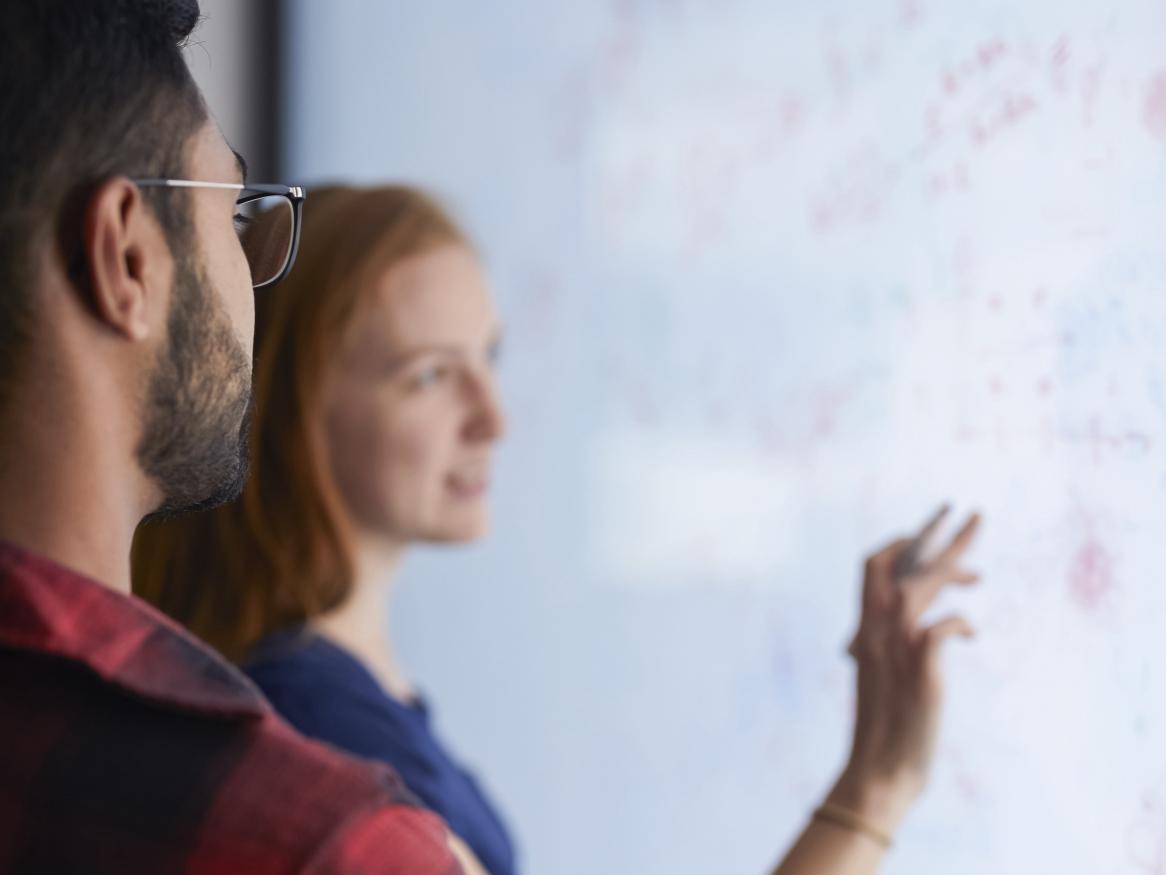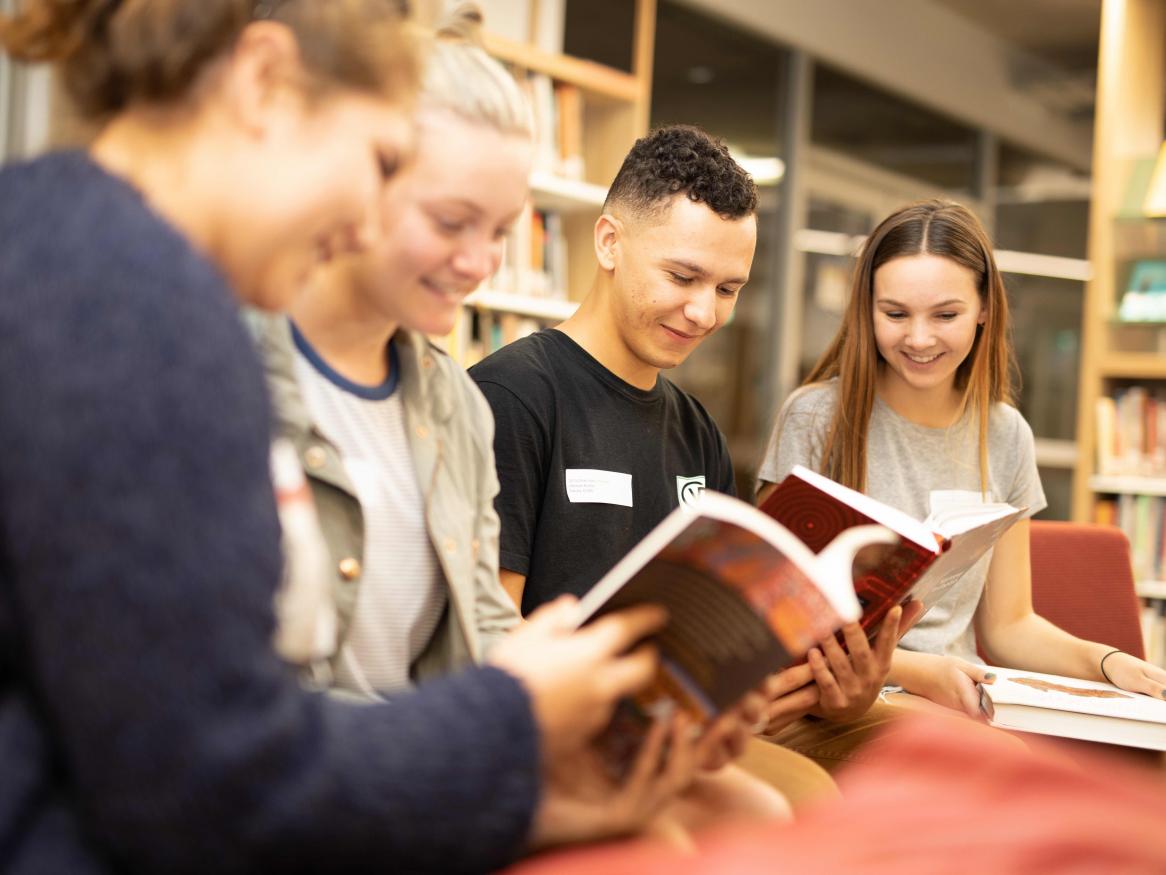Digital Learning and Society Hub
The Hub's activities examine creative and transformational approaches to learning and teaching through the use of educational media and technology across all disciplines.
We apply our work to practically relevant approaches to learning that result in meaningful outcomes in schools, higher education and industry. We focus our work on broad aspects of learning, technology and assessment, including the design and evaluation of educational media such as texts, augmented and virtual reality, videos and games and the role of embodiment in learning through a strong theoretical lens.
Our expertise
Understanding Learning and creativity in an AI world
The assessment of learning aided by technology
The use of Virtual Reality in education and training
The impact of technologies such as social media and AI on society




